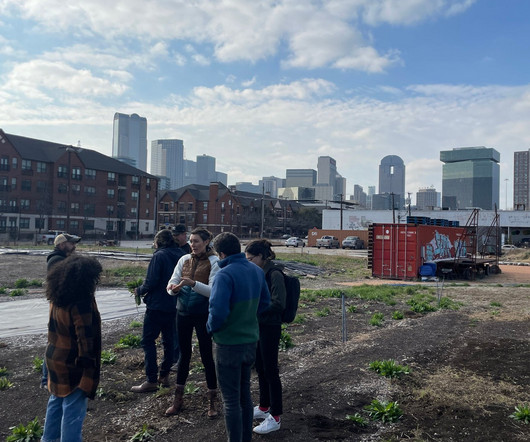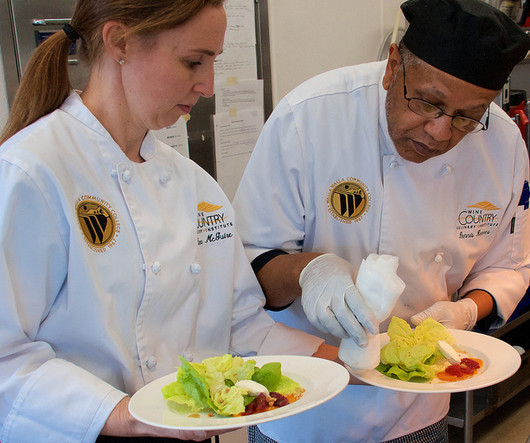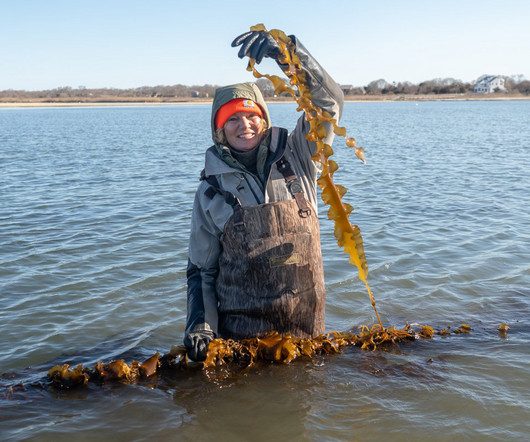Why Your City Needs an Urban Agriculture Plan & How to Start One
Agritecture Blog
MAY 11, 2023
Written by: Brakeley Bryant , Christian Kanlian and Jeffrey Landau May 11, 2023 Cities and their food supplies are facing stressors such as increased urbanization, climate change, extreme weather, a lack of varied production systems and seed genetics, labor shortages, and logistics delays. According to the U.S.











Let's personalize your content